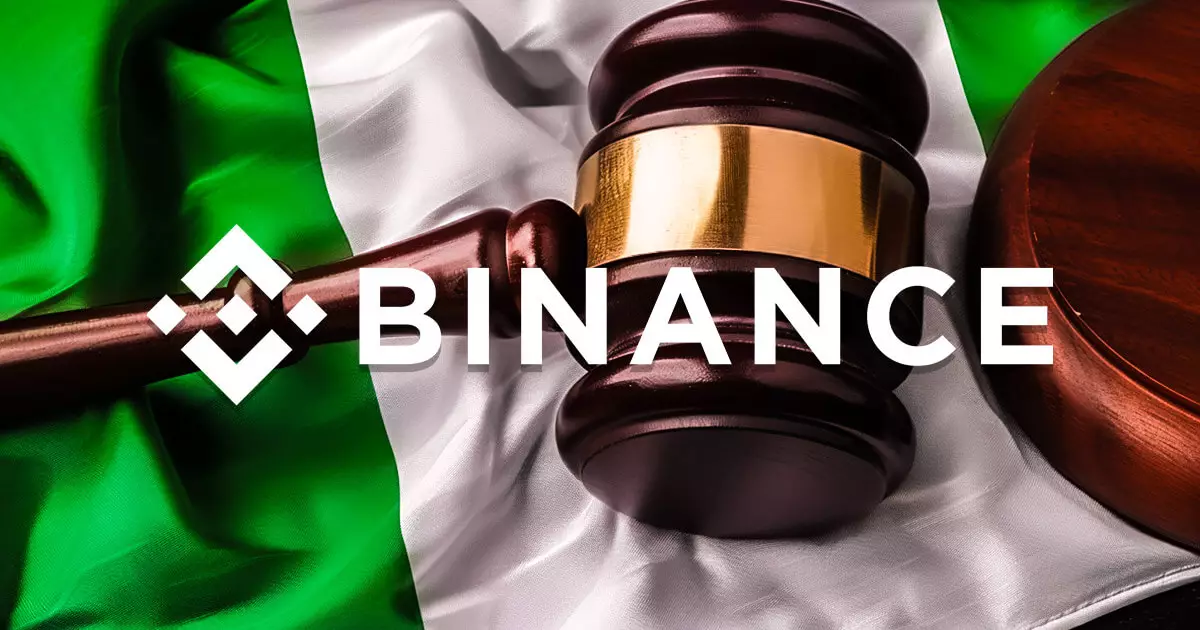In a recent development, Olubukola Akinwumi, the deputy director of the Central Bank of Nigeria (CBN), made grave accusations against Binance, a popular cryptocurrency exchange platform. Akinwumi’s testimony in a lawsuit brought by the Economic and Financial Crimes Commission (EFCC) alleged that Binance had been involved in transactions that are typically reserved for authorized banks and financial institutions. The accusations, which form part of an ongoing trial, shed light on the alleged money laundering activities amounting to $35.4 million involving Binance and its executive, Tigran Gambaryan.
One of the key points raised by Akinwumi was the issue of identity disclosures on the Binance platform. He highlighted that Binance allows Nigerian users to use pseudonyms to carry out transactions, thereby violating the CBN’s regulations that mandate the disclosure of true identities in financial dealings. The use of pseudonyms raises concerns about transparency and accountability in financial transactions, especially in the context of money laundering and other illicit activities.
Akinwumi further elaborated on the functioning of Binance’s peer-to-peer (P2P) platform, which facilitates direct transactions involving the Nigerian fiat currency, Naira. He emphasized that such transactions contravene the rules set by the CBN, signaling a lack of compliance with regulatory requirements. Despite Binance’s decision to discontinue its P2P feature in Nigeria earlier this year due to government scrutiny, the concerns regarding regulatory oversight and adherence to financial regulations remain paramount.
Nigeria’s crackdown on crypto service providers, including Binance, reflects a broader trend of increased regulatory scrutiny in the country’s digital asset ecosystem. The classification of crypto trading as a national security threat by the National Security Adviser (NSA) underscores the government’s concerns regarding the potential risks associated with cryptocurrencies. The evolving regulatory landscape, including the SEC’s recent directives to crypto exchanges and traders, highlights the need for enhanced compliance measures and adherence to regulatory standards in the cryptocurrency sector.
The allegations leveled against Binance by the Central Bank of Nigeria raise critical questions about the platform’s adherence to financial regulations and regulatory oversight. The ongoing trial and the upcoming cross-examination of Akinwumi signal a significant moment in Nigeria’s efforts to combat money laundering and illicit financial activities in the digital asset space. As the regulatory landscape continues to evolve, it is imperative for all stakeholders, including cryptocurrency exchanges, to prioritize compliance and transparency to mitigate regulatory risks and ensure the integrity of the financial system.
















Leave a Reply